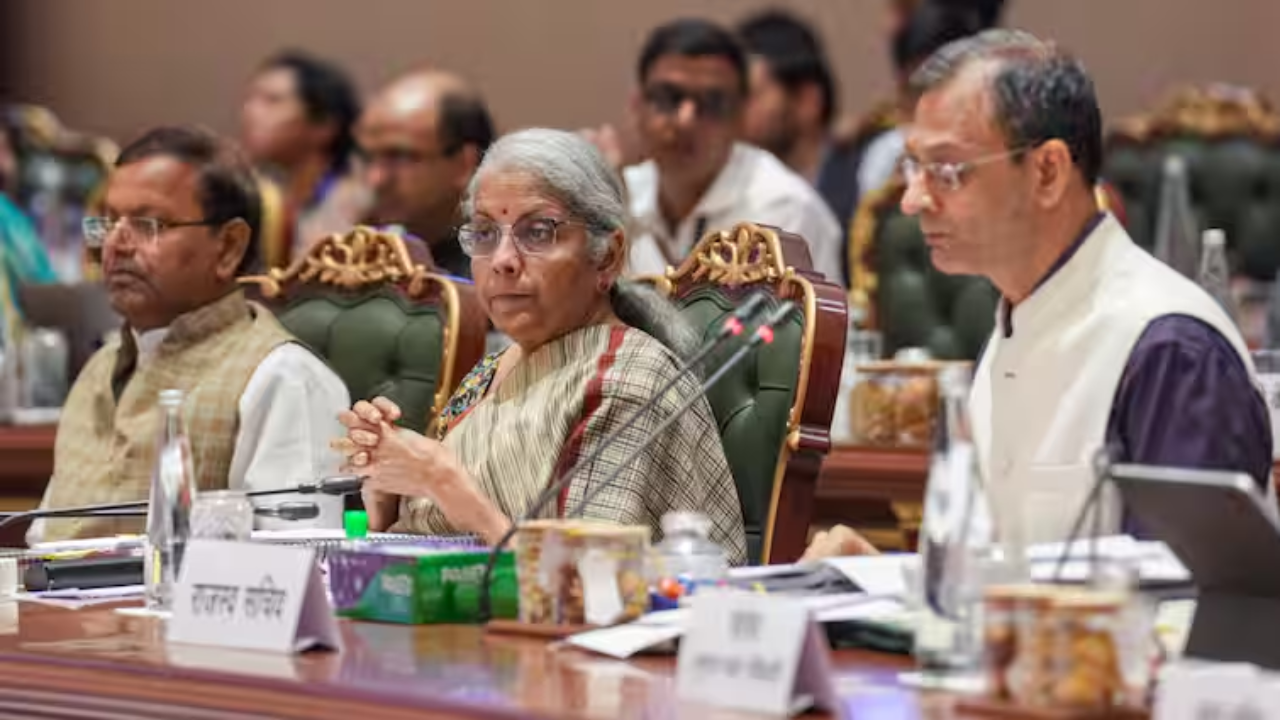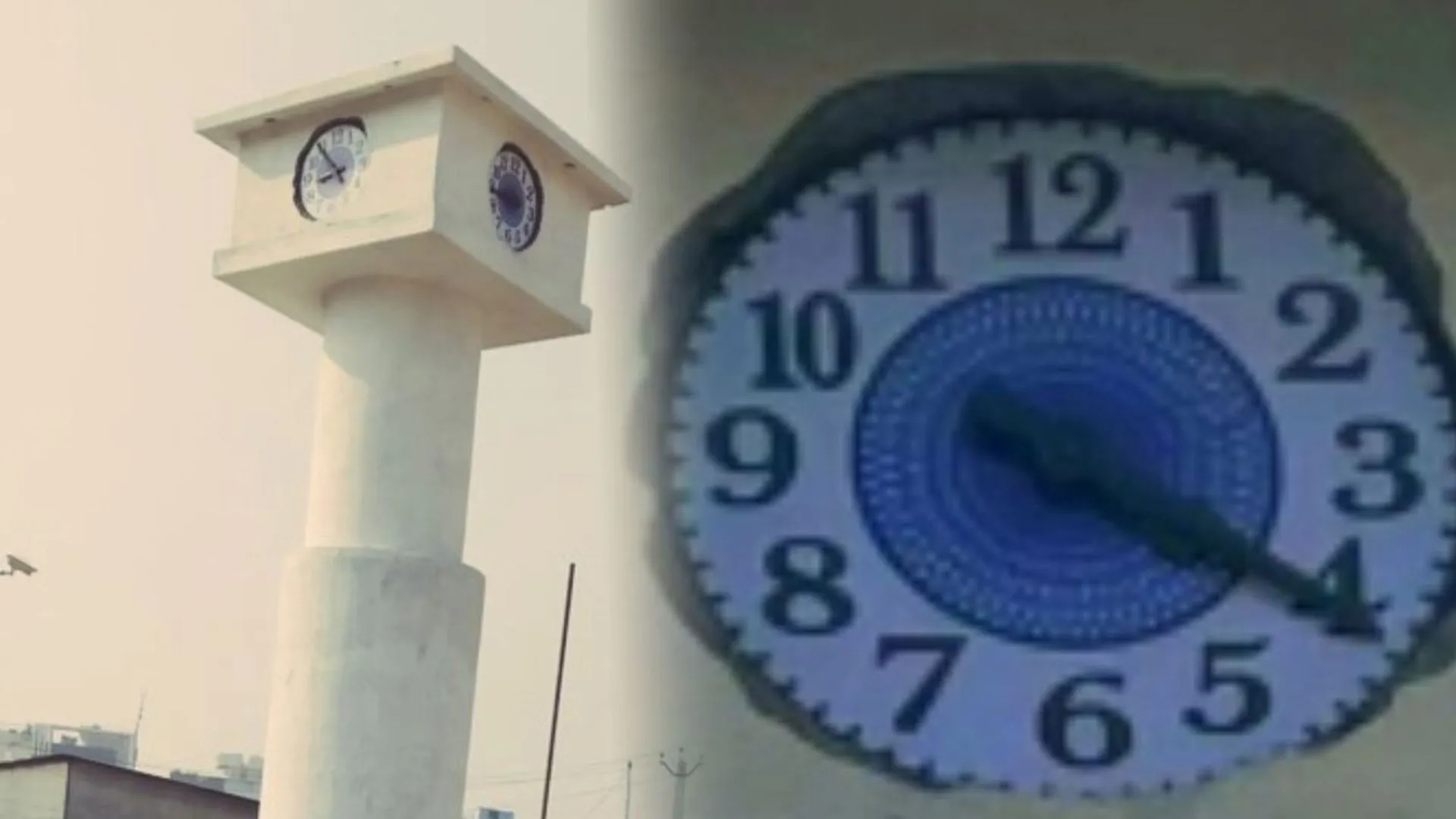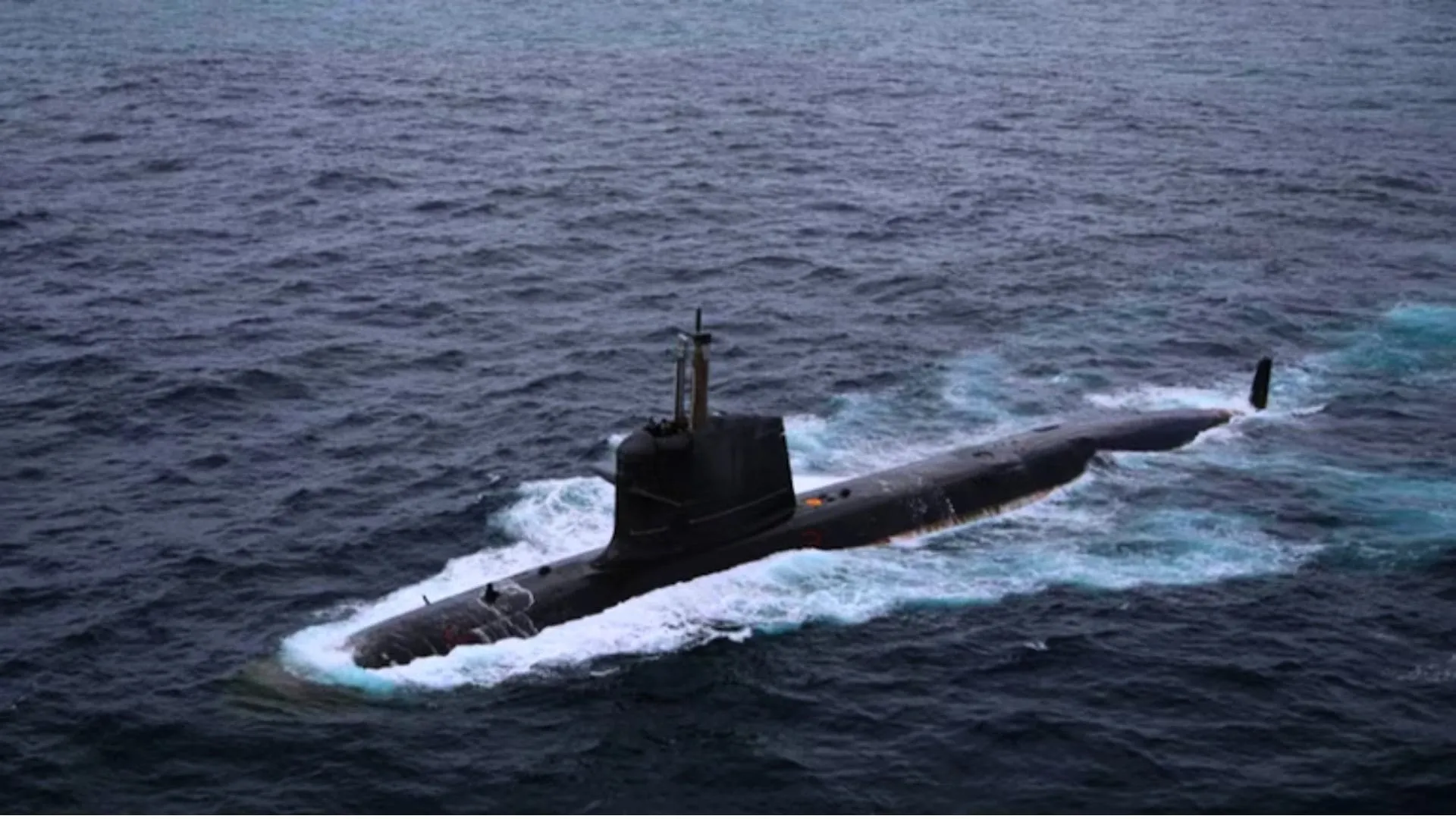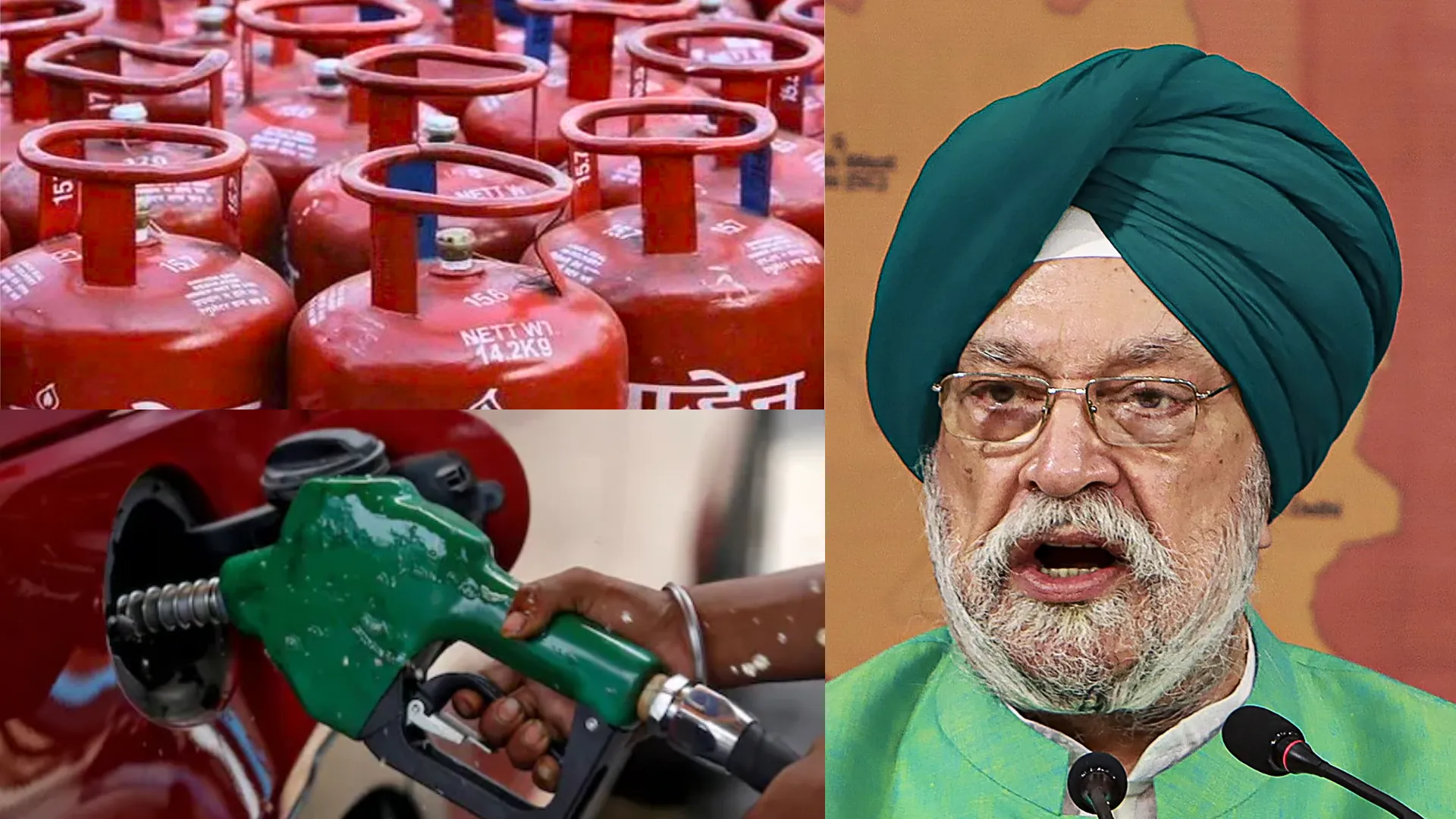Following the 53rd GST Council Meet, several significant tax adjustments are set to make items and services ranging from student hostels to milk cans and railway platform tickets more affordable. These changes are part of an effort to rationalize tax slabs and exempt certain categories from the GST.
Hostel Accommodation Exemptions
One of the key decisions made during the meeting was the exemption of GST on hostel accommodations outside educational institutions. Previously, only hostels within educational institutions were GST-exempt. Union Finance Minister Nirmala Sitharaman clarified, “Services by way of hostel accommodation provided to students outside of educational institutions will now be exempted from GST. Hostels within educational institutions are already exempt.”
Uniform GST On Milk Cans
In a move aimed at simplifying tax rates, the GST Council decided to apply a uniform 12 percent tax on all milk cans, regardless of whether they are made of steel, iron, or aluminum. This standardization is expected to benefit dairy farmers and producers by streamlining the taxation process.
Railway Services GST Exemption
Public services provided by the railways are set to become cheaper with the introduction of GST exemptions. The exempted services include:
- Sale of platform tickets
- Facilities of retiring rooms, waiting rooms, and cloakroom services
- Battery-operated car services
- Intra-railway transactions
Additionally, services rendered to the railways by Special Purpose Vehicles (SPVs) such as Rail Vikas Nigam Limited (RVNL) and RailTel will also be tax-exempt.
Packaging Containers Tax Reduction
The GST Council also decided to lower the tax rate on packaging containers. Cartons, boxes, and cases made of both corrugated and non-corrugated paper or paperboard will now be taxed at 12 percent, down from the previous rate of 18 percent. This reduction is expected to lower packaging costs for businesses and consumers alike.
These decisions the GST Council meet highlights the ongoing efforts to streamline the tax system, reduce the burden on essential services, and promote economic efficiency. The changes are anticipated to have a positive impact on various sectors, from education and agriculture to transportation and logistics.




















